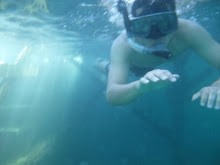PERFORMING NAVIGATIONAL WATCH
navigate to deviate - to keep your course and to stay away from hazards
The officer of the watch shall :
-keep watch on the bridge by maintaining lookout by sight and hearing and as well by all available means.
-in no circumstances leave the bridge until properly relieved.
-vessel position,course and speed are checked at frequent intervals - navigation aids to be use to keep the vessel on planned passage during watch.
-carry out master standing / night orders.
-have full knowledge on the location and proper use of navigation and safety equipments and its limitations.
-comply with International Regulations For Preventing Collisions at Sea (COLREGS).
-engine, helms and sound signalling apparatus to be used at officer of the watch discretion - timely notice on speed variation to engine room.
-aware of manouvering characteristics of the vessel - stopping distance and turning ability in loaded or ballast conditions.
-ensure autopilot or helmsmen steering required course.
-compass or gyro error taken every watch.
-check radar and other navigation equipments performance.
-check barograph,barometer,temperature.
-have proper record of movement and activities related to navigation or shipboard operations.
-cargo conditions and ballast conditions and effect to draught.
-monitor ship personnel working on task which require extra attention.
-in any doubt or emergency - call master
-come to sea and see for yourself-




No comments:
Post a Comment